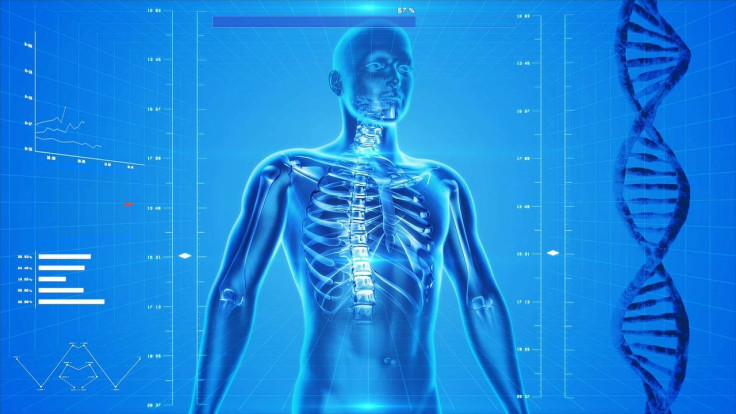Low Vitamin D Levels Could Lead To Development Of This Serious Condition

KEY POINTS
- Vitamin D is known as the sunshine vitamin but it isn't all the time that the body gets sufficient amount thereof
- A lack of the vitamin can lead to a host of health complications, some of which can be serious
- There are two serious conditions that can result when you lack this vitamin
This vitamin is required by your body for the development and maintenance of your bones. Major roles of vitamin D include helping absorb calcium from food being digested in the intestines and making sure there are proper repair and mineralization of bone tissue.
Vitamin D is produced when the skin is exposed to direct sunlight. The amount of vitamin D produced, however, depends on the time of the day, what the part of the world you live, and the color of your skin. A deficiency in vitamin D may lead to the development of a very serious health condition.
The Role of Vitamin D
Vitamin D assists the intestines in absorbing calcium from the food you ate. Obtaining enough of both nutrients is vital to keeping the bones dense and tough. Unlike calcium, however, which is absorbed by the body through the food you eat, vitamin D is created when sunlight hits your skin.
Insufficient sunlight, or not consuming the right foods, can lead to the development of bone problems. If there is an extreme deficiency of the nutrient, you may develop osteoporosis. In a way, vitamin D not only keeps the bones strong but also prevents you from developing a bone disease like osteoporosis.
A Study On Vitamin D
Experts from the US National Library of Medicine National Institutes of Health studied the impact of vitamin D on the bones and osteoporosis. Their findings showed that the main effect of active vitamin D metabolite is stimulating calcium absorption from the gut.
The impact of deficiency in vitamin D is bone loss and secondary hyperparathyroidism. These conditions lead to the development of osteoporosis, which can also result in fractures and mineralization defects. Over time, it may lead to osteomalacia and weakness of the muscles, which themselves cause fractures and falls.
The Opinion of Experts
Harvard Health has revealed there is a huge group of people who are deficient in vitamin D. This includes people who have eating disorders and those who went through gastric bypass surgeries. It also includes people with malabsorption syndromes such as celiac sprue, pregnant and lactating women, as well as those who have dark skins and people wearing total skin covering.
Additionally, people at risk of developing low bone density problems should discuss with their doctors whether they need supplements and have their blood levels of vitamin D observed. For those who suffer from low vitamin D levels, it is recommended they take supplements to help them obtain the recommended levels. Vitamin D supplementation, particularly when taken with calcium, has been proven to slow down bone loss and minimize fracture.
© Copyright IBTimes 2025. All rights reserved.





















